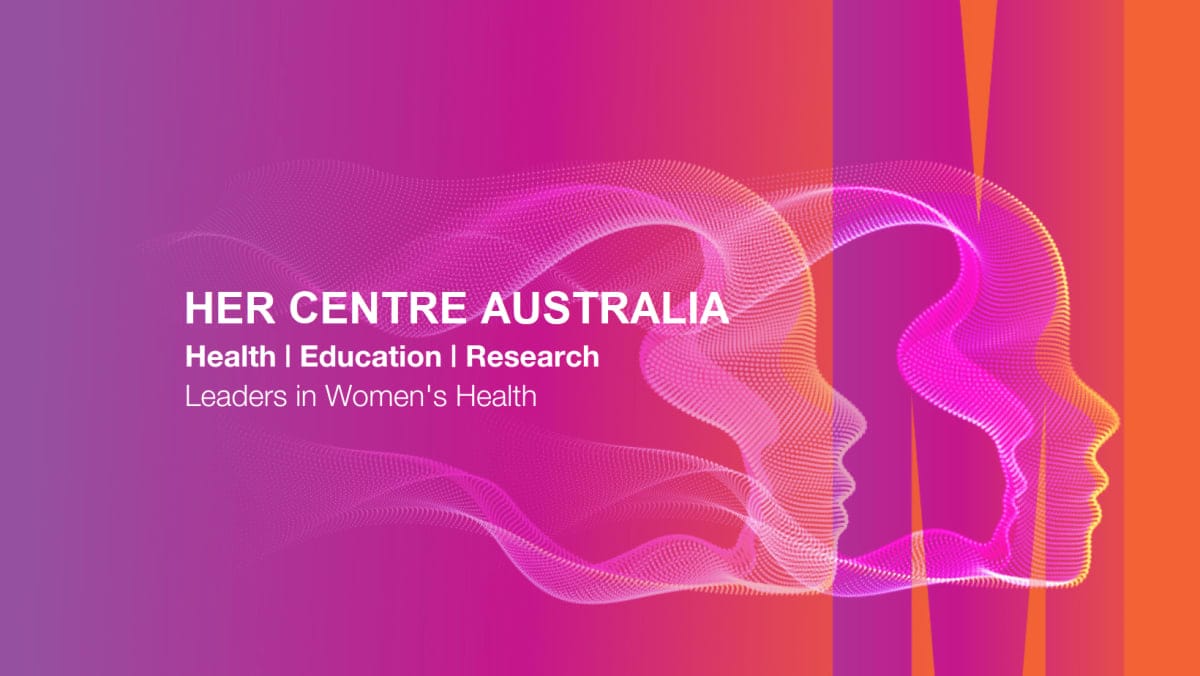
For too long, eating disorders have been surrounded by ignorance about their cause and stigma that often assigns blame to the person suffering: “If only she would eat … the problem would go away.”
But it’s not that simple. These complex conditions require multi-faceted solutions. Yet for 60 years, not much has changed in treating eating disorders, which range from disordered patterns of eating to anorexia nervosa.
Anorexia has a high mortality and very high morbidity rate, but the mainstay treatments available are psychotherapies such as cognitive behavioural therapy (CBT) that often don’t work long-term.
These “talking therapies” are the gold standard treatment for most eating disorders, yet don’t encompass the big picture, or the possibility of biological causes.
A new Monash University eating disorder research program will target biological causes and possible treatments, including anti-psychotic drugs, brain stimulation and hormones.
The Li Transformative Hub for Research in Eating Disorders (THRED) will sit within HER Centre Australia, which was launched in 2022 to consolidate and expand research and treatment of women’s mental illness.
Read more: Pause for thought: Taking the lead in women’s mental health
The THRED program will have three key pillars – delivering new, effective treatments; enhancing current treatments, and uncovering biological causes.
We believe this approach is unique in Australia, and possibly a world-first in terms of combining a range of neurological trials in a clinical setting.
Additionally, Monash’s Dr Leo Chen, who has worked with Harvard University in Boston, will investigate transcranial magnetic stimulation (TMS), and whether it can “re-program” the brain of someone with an eating disorder.
It was made possible by a generous donation from our founding patrons, Melbourne Symphony Orchestra chair and former professional violinist David Li AM, and his pianist wife, Angela Li. They provided seed funding, and will work with Monash University to find other supporters to provide the rest.

The impact of eating disorders
An estimated one million Australians, or 4%, live with an eating disorder (ED) such as anorexia nervosa, bulimia nervosa, binge eating disorder, and “eating disorder – not otherwise specified”.
A recent systematic review of more than 63,000 participants published in JAMA Pediatrics found about 22% of children and adolescents globally experience disordered eating. Australian research has estimated that up to 31.6% of adolescents are affected.
Disordered eating encompasses the likes of weight-loss dieting, binge eating, self-induced vomiting, excessive exercise, and using laxatives or diuretics, although not to a level that warrants a clinical eating disorder diagnosis.
The impact of eating disorders has worsened during the pandemic, with some people eating too much and others developing anorexia. While men and boys can develop them, it’s predominantly experienced by young girls and women.
The physical and psychological impact of these conditions can be devastating for the afflicted person and their loved ones.
The need for change
While causes aren’t well-understood, people with eating disorders often have a significant history of trauma. The person who has it sees controlling their food intake as the only way they can control their life.
They can also develop from poorly-understood organic origins around the age of 13-14, resulting in the fixed belief they’re too fat, even after becoming skeletal from lack of energy and essential nutrients.
Anorexia nervosa, which involves a fear of food and/or eating, is the most severe ED, and in about 20% of people diagnosed it results in death, often after a protracted and traumatic battle.
Read more: There’s convincing evidence the pill can cause depression, and some types are worse than others
Mortality rates have decreased in recent years, but people still die. Hospitals can provide short-term admission for patients and treat the symptoms of serious cases, which keeps them alive, but doesn’t cure the condition.
Given the urgency of the situation, and the lack of successful treatments, it makes sense to target the role of biology in all this.
These life-threatening disorders can develop due to changes related to genes, RNA, and proteins. Yet little has been done to develop treatments that target brain biology or other biological factors.
There have been few biological eating disorder treatment trials, and what has been done has been very patchy. A holistic approach that complements existing psychotherapies could help.

A new way of thinking
THRED will conduct clinical trials of new treatment approaches for serious eating disorders, and hopefully deliver more effective treatment options. The first series of trials are all regarding anorexia nervosa, the most serious of the eating disorders.
Expected to start in the second half of 2023, its clinical trials will assess brain stimulation, hormonal manipulation and novel drug therapies, as well as developing treatments as they’re generated based on their own and other research findings from Australia and around the world.
To this end, discovery science uncovering the role of genes and proteins in a personalised medicine approach will be undertaken, and linking all this will be novel artificial intelligence-driven smartphone technologies to deliver personalised care to people experiencing eating disorders.
Seeking answers through biology
The research will also look into the use of oestrogen in women with anorexia nervosa, to see if it can disrupt the pathological systems involved, and improve secondary problems such as weakened bones.
We know there are hormones that drive our appetite, so there has to be a neurobiological “X” factor that’s shifting how the hormones and peptides that determine appetite work. Pinpointing this could lead to medications that can fix the imbalance.
Another trial will build on previous trials overseas to test whether antipsychotic medications can disrupt the distorted thinking process that sees someone with anorexia convinced they’re overweight when they’re actually severely underweight. Such thoughts aren’t rational, so using antipsychotic medications in combination with other neuroactive products could help.
Eventually, THRED hopes to move into a second phase of research collaborating with other Monash University scientists to investigate biomarkers that could help define ED subtypes and pave the way for other new treatments.
It won’t be a “silver bullet” for eating disorders, which are notoriously difficult to treat. But our new research hub is an unprecedented opportunity to unite the best minds and use their combined expertise to deliver world-class, innovative, evidence-based mental health solutions that make a tangible difference to the wellbeing of those with eating disorders and their families.





